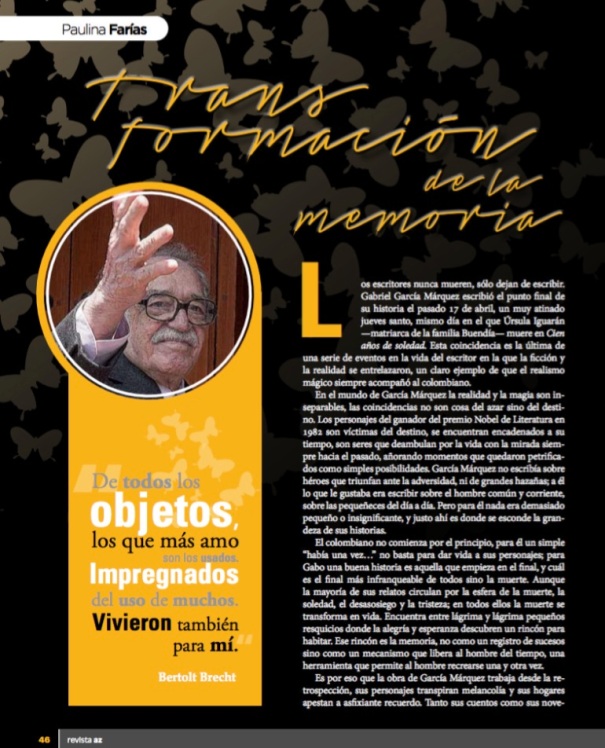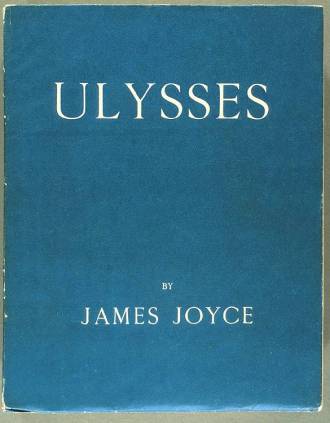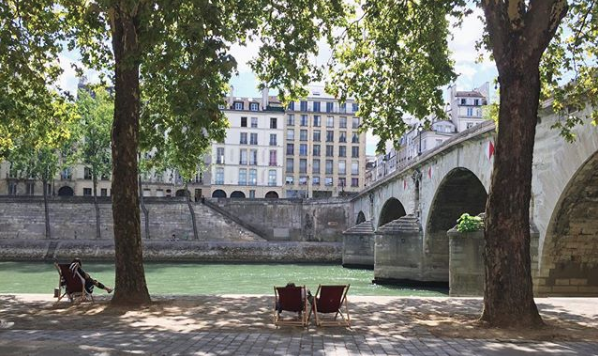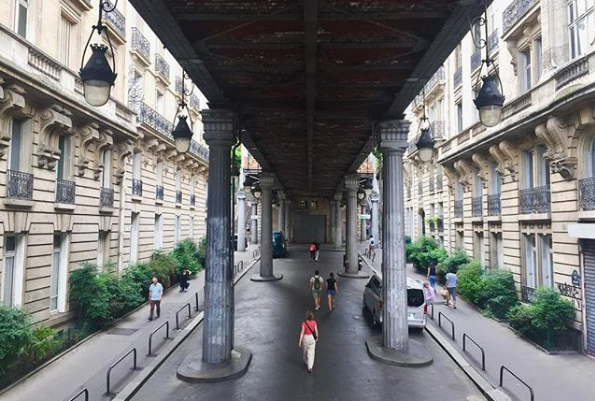¿Qué sucede cuando la vida no es suficiente, cuándo ser padre, esposo y profesional no basta para sentirse pleno? ¿Cómo se puede superar la mediocridad del día a día? Talvez el sentimiento de pequeñez e insignificancia sea inherente al ser humano, talvez sea aquel sentimiento que nos impulsa a seguir adelante, a vivir. Es el terror abismal de enfrentarse a una hoja en blanco, ese lienzo que puede llegar a albergar obras maestras y palabras inmortales, un lienzo que nos invita a desdoblarnos, a descubrir los recovecos de la condición humana. Es también un lienzo que se nos puede presentar como una muralla impenetrable, un espejo que nos obliga a observarnos, a reconocer una verdad oculta que preferiríamos mantener en la obscuridad. La hoja en blanco es un lienzo que nos enfrenta a la muerte como condición de vida.
Josefina Vicens (1911–1988) describe este abismo con gran magistralidad en El libro vacío (1958), donde se narra la historia de un hombre atrapado en la cotidianidad que decide escribir una novela para poder liberarse de ella. El proceso de escritura de este personaje, cuyo nombre es igual de mediocre José García, se divide en dos cuadernos: uno donde vacía el contenido de su día a día, de sus reflexiones diarias, del cual pretende extraer ideas para el segundo cuaderno: el borrador de la novela, el cuaderno vacío, el que espera a ser escrito. El resultado es una historia sencilla, una prosa clara, una novela excepcional en su género y en la literatura mexicana. Continue reading “La hoja en blanco de Josefina Vicens”
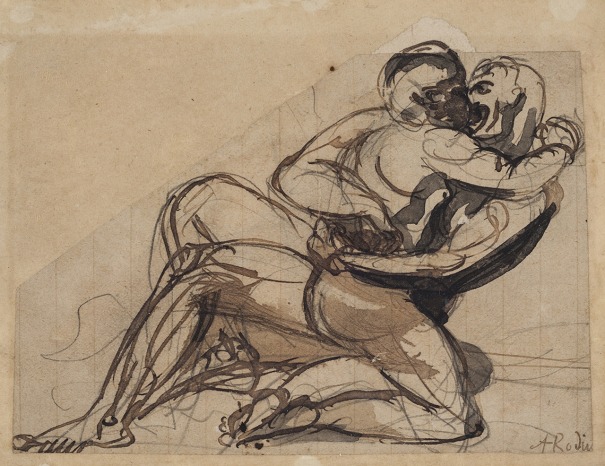 A man embraces a woman | Auguste Rodin | c.1880
A man embraces a woman | Auguste Rodin | c.1880
